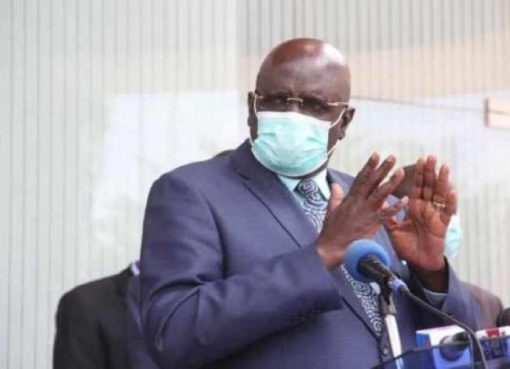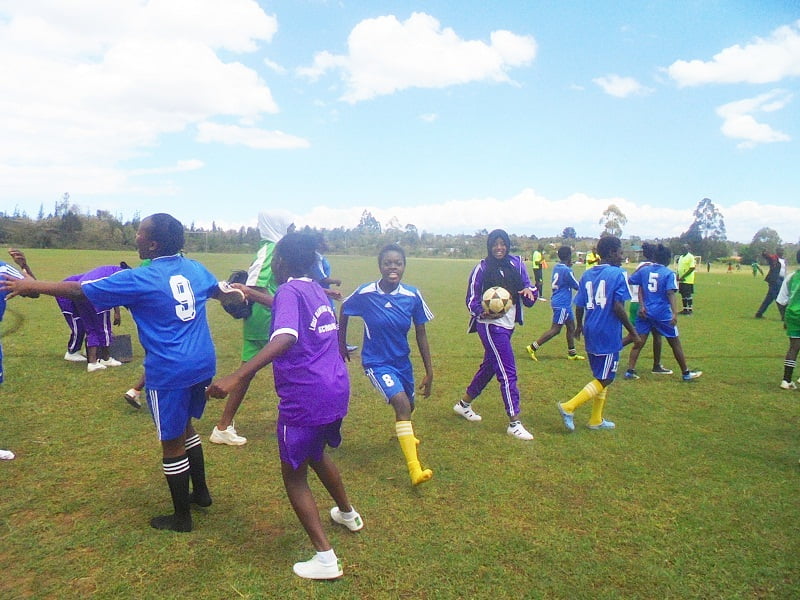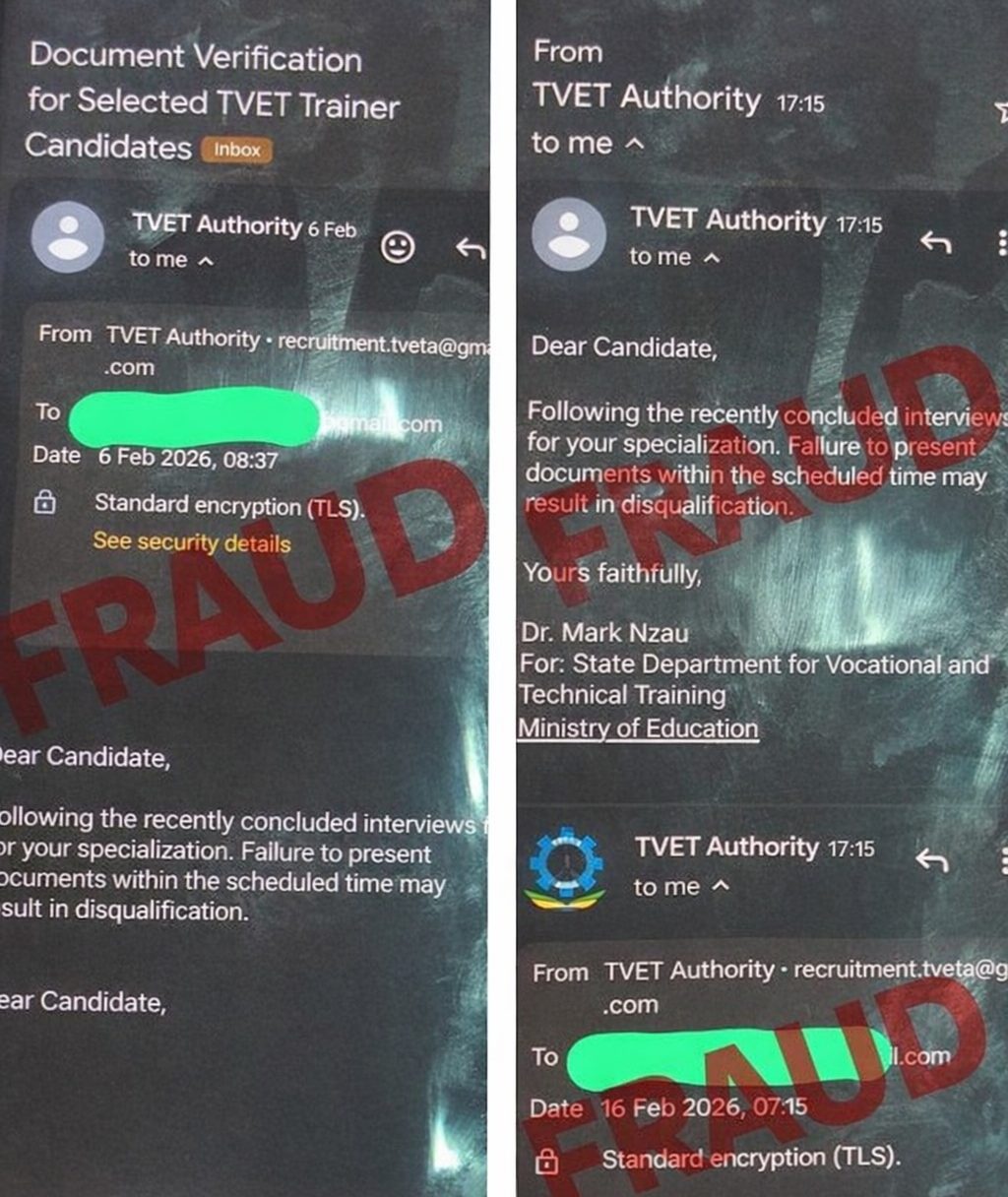By Roy Hezron
Education Cabinet Secretary Prof George Magoha has blamed poor parenting for the increased alcohol and substance abuse among school children.
Speaking during the launch of launch of the National Guidelines for Alcohol and Substance Use Prevention and Management in Basic Education Institutions at Kenya Institute of Curriculum Development (KICD) today Magoha said parents should be responsible for their school-going children.
He added that parents should be more vigilant to advice their children even as the Ministry puts in place measures to ensure learning institutions are free from alcohol and substance use.
“A child will not do what you say; a child will do what you do. There is need for parents to accept that they are responsible for what is happening to our children,” noted Magoha.
On his part, Interior Principal Secretary, Dr. Karanja Kibicho who delivered Interior and Coordination of National Government Cabinet Secretary’s Dr. Fred Matiang’i speech during the launch assured the Ministry’s support in safeguarding the school environment for realization of drug-free schools.
“The work has just began. It is upon us all to ensure the effective implementation of the guidelines. I echo the call to action to all relevant stakeholders including community players,” stated Dr. Kibicho.
“I assure you of my Ministry’s commitment in safeguarding the school environment for realization of drug-free schools,” he added.
The Guidelines have been developed with the support of the National Authority for the Campaign against Alcohol and Drug Abuse (NACADA), to provide a framework on interventions for the prevention of alcohol and substance use in basic education institutions across the country.
A national survey conducted by NACADA in 2017 showed that alcohol is the most abused substance with 12.2 per cent being persons aged 15 to 65 being active users.
A similar survey conducted in secondary schools in 2016 indicated that 23.4 per cent students had never used alcohol, 17 per cent had never used miraa, 16.1 prescription drugs, 14. 4 per cent had used tobacco and 7.5 per cent had used cannabis.
In 2019, NACADA also sought to establish the extent of drug abuse among primary school students, where a survey revealed that 20.2 per cent of the pupils had used at least one drug substance in their lifetime.
“My Ministry is regularly conducting compliance checks to ensure that there are no alcohol selling premises near institutions of learning for persons below the age of eighteen,” said Dr. Kibicho.
The survey also pointed fingers to adults for their role in the abuse of drugs among school children as most students reported that they get their drugs from shops and kiosks near schools, others get them from bars as well as from school workers.
Dr. Kibicho stated that the statistics paint a gloomy future for the youth and children of this country as they easily fall victim to alcohol and drug abuse due to peer pressure and the prevailing social environment that is characterized by unrestricted access to internet and associated social media.
In a bid to combat the vice in primary and secondary school, the report has advocated the need to strengthen life skills to promote abstinence and enforcing measures towards lowering access and availability of drugs and substances of abuse to school- going children.
The new guidelines also seek to provide a framework to guide interventions on alcohol and substance use prevention and management in basic education institutions. Teacher will play an active role in ensuring these substances are not within school premises at the same time respond appropriately to learners with substance use challenges.






